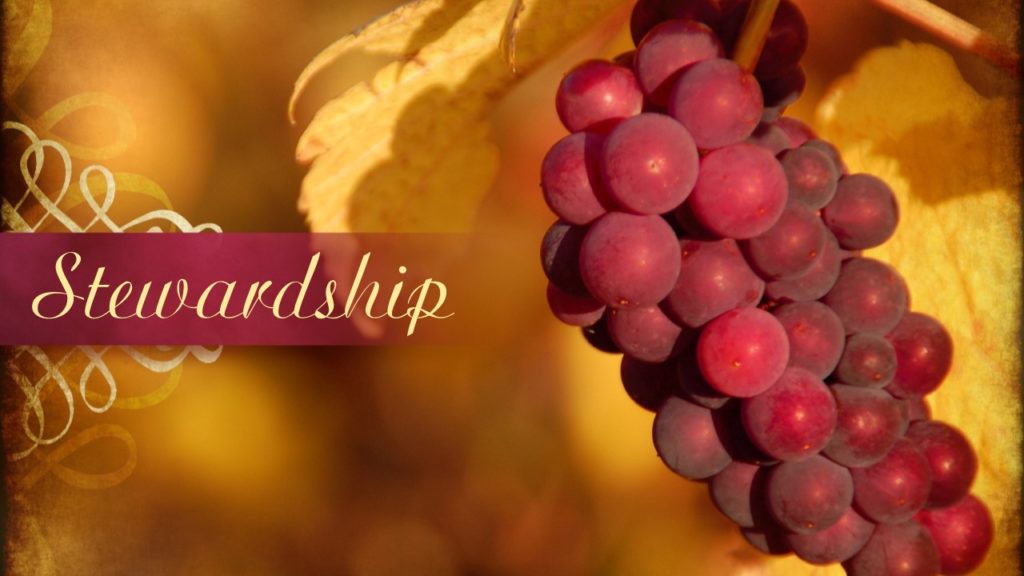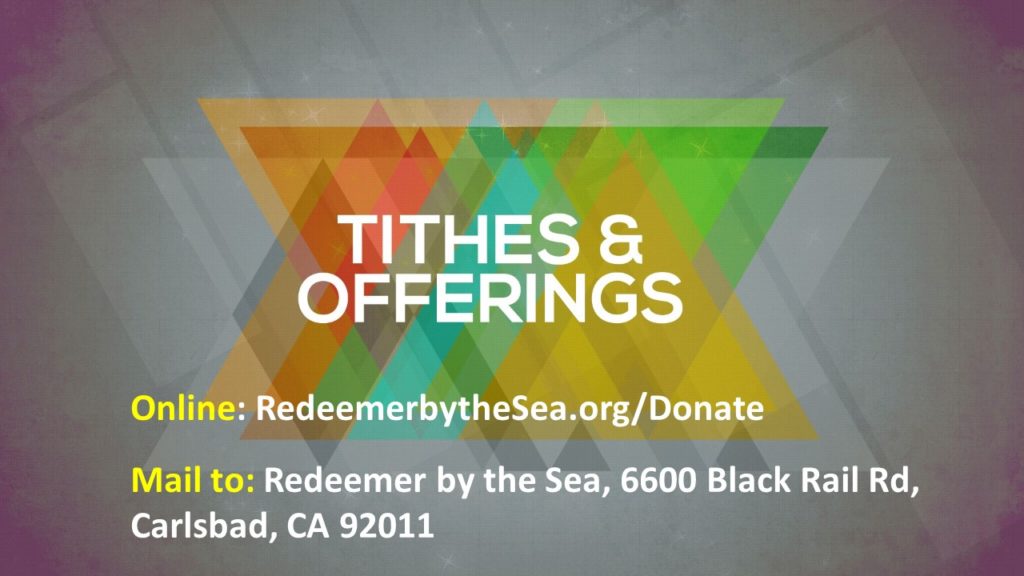Our Savior calls us to follow Him in generosity. “For I have given you an example, that you also should do just as I have done to you.” (John 13:15) We cannot give our lives for the salvation of the world, of course. Praise God – that job’s already done!
But with hearts full of thanksgiving for what Jesus has given us, we can follow Jesus’ example of generous giving. And this is not merely an example alone. It’s also our Lord’s command. “the one who contributes, (let him give) in generosity.” (Rom. 12:8)
So, when we give to help others who are in need, and when we bring offerings to the Lord, we should strive to heed His command and follow the pattern He has established for us. Jesus did not give us leftovers. He gave His best. So, we should not give leftovers, either, but the first and best of what He has given us. Jesus did not give as an afterthought but according to the plan of salvation God established from the foundation of the world.
So, when it comes to our offerings to the Lord, we should make a thoughtful plan to give generously, in proportion to the way He has blessed us. Like the Macedonian Christians, who gave according to their ability – and even beyond their ability (2 Cor. 8:3) – we can and should give a generous portion of the income that God provides us to honor the Lord.
So also, we should give freely, just as Jesus gave freely to us. There is no compulsion involved in our works of love and our offerings to the Lord. Nor do we give grudgingly. We should give freely and cheerfully because we want to out of thanksgiving. “Each as he purposes in his heart, “as the Lord says. (2 Cor. 9:7) There is no New Testament ceremonial law involved here. Rather, we are free to give as generously as our Savior has given for us.
God Bless you all! Thank you for supporting Redeemer by The Sea,
Noreen Wenstone, Stewardship Chairperson


